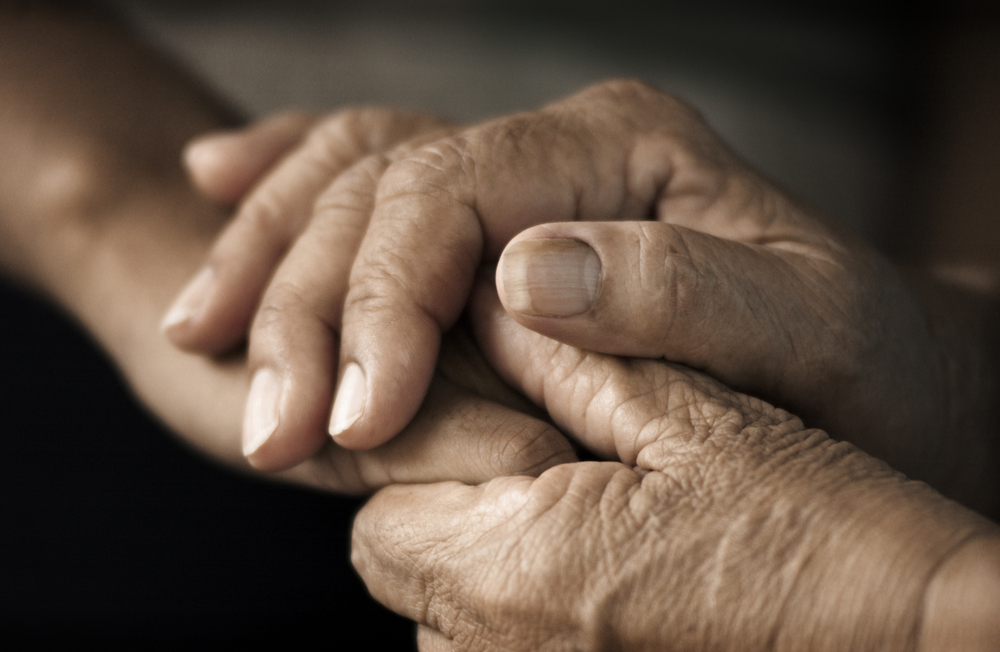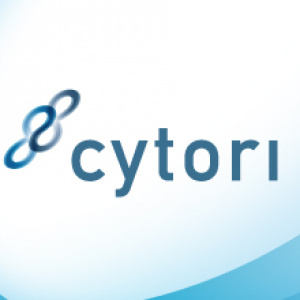Cytori Receives Orphan Drug Designation in Europe for Scleroderma Cellular Therapy
Written by |

 The European Commission has granted late stage cell therapy company Cytori Therapeutics, Inc.’s ECCS-50 cellular therapy the designation of orphan medicinal product for the treatment of scleroderma. The decision, which was made due to positive references from the European Medicines Agency’s (EMA) Committee for Orphan Medicinal Products, represents the first time an autologous adipose derived cell therapy for scleroderma has received orphan status in the European Union (EU).
The European Commission has granted late stage cell therapy company Cytori Therapeutics, Inc.’s ECCS-50 cellular therapy the designation of orphan medicinal product for the treatment of scleroderma. The decision, which was made due to positive references from the European Medicines Agency’s (EMA) Committee for Orphan Medicinal Products, represents the first time an autologous adipose derived cell therapy for scleroderma has received orphan status in the European Union (EU).
The cell therapy is being studied by Cytori in French scleroderma centers at the Assistance Publique des Hôpitaux de Marseille as part of the SCLERADEC-II pivotal trial to study the efficacy of the treatment in 40 european patients. The study was designed to follow the results of the first SCLERADEC trial, which was conducted last summer and is expected to help Cytori achieve EMA approval to be commercialized in the EU, as announced by the company.
“Obtaining orphan drug designation in the EU, like FDA Phase III pivotal trial approval for the same indication in the US, is an important milestone and part of our corporate strategy of targeting rare or niche indications with clear unmet medical needs that can be brought to market rapidly,” said the president and CEO of Cytori, Marc Hedrick. “Orphan approval gives Cytori a number of advantages that greatly facilitates us getting a novel drug into a market with favorable reimbursement dynamics.”
By receiving the designation, Cytori will now receive protocol assistance, access to the EU’s centralized authorization procedure with a single application, further incentives such as administrative and procedural assistance and fee reductions, market exclusivity for 10 years after approval, fee reductions on regulatory activities and incentives from the EU member states.
“A significant portion of the overall European cell therapy approval process has now been completed given our existing CE Mark on the Celution System,” said the vice president of Regulatory Affairs and Quality Assurance at Cytori, Kenneth Kleinhenz. “All cell therapy products used in combination with a medical device require external review by a European notified body.”
“The CE Mark certificate previously issued by our notified body, achieved this requirement and includes much of the required manufacturing requirements since the ECCS-50 drug product is manufactured exclusively with the Celution System at the point of care. This modular approach alleviates many of the regulatory uncertainties with the manufacturing aspects of the EMA approval process, leaving the clinical data as the remaining milestone required for market authorization,” continued Kleinhenz.
The company was also recently granted approval from the FDA to initiate its phase 3 clinical trial for ECCS-50, which will include 80 patients suffering from scleroderma and with hand dysfunction. Cytori is going to start enrolling patients for the study this year, while the data is expected to be used to support regulatory approvals and reimbursement not only in Europe, but also in other markets worldwide.
“Scleroderma involves the hands in nearly 90% of patients and nearly always is accompanied by pain and impairment of simple daily activities that we all take for granted,” explained the Chief Medical Officer of Cytori, Steven Kesten. “Hand symptoms are the leading cause of disability in this patient population, more disabling than rheumatoid arthritis, and severely negatively impact quality of life.”
“In addition to general measures to protect the hand, patients require medications, which often are inadequate to control symptoms or prevent complications. As our fingers and hand are so critical in everyday activities, people with scleroderma are constantly aware of their disease. We are encouraged by the data generated to date and believe that the prospective trials in the US and France will provide the level of evidence needed to definitely demonstrate the benefit of Cytori Cell Therapy,” concluded Kesten.





